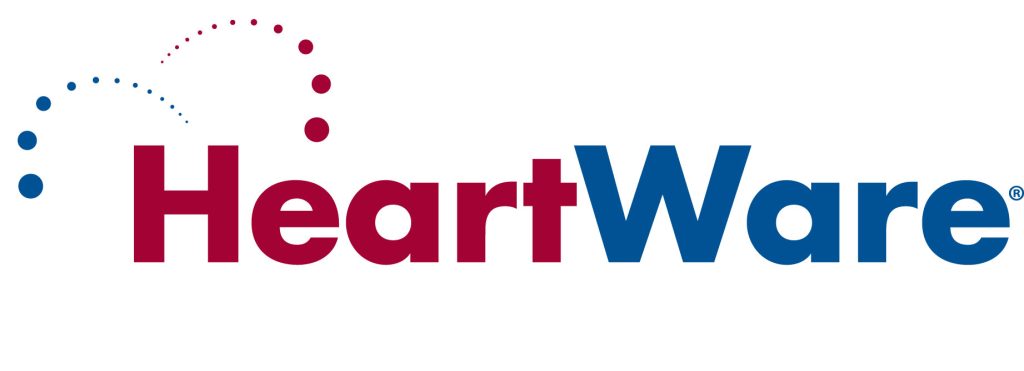
In April 2015, HeartWare issued a Class I recall for their HeartWare Ventricular Assist Device. The recall was a voluntary recall by the company based on complaints from patients related to five different problems that could develop with the device.
Types of Devices Recalled
According to the United States Food and Drug Administration, HeartWare issued recalls on devices with product codes 1101 and 1103 that were manufactured between January 2008 through March 2015.
There are over 1,700 of the devices in the United States who are affected by the recall. The device is designed to deliver blood from the heart to the rest of the body. They were implanted in patients who suffered from end-stage left ventricular heart failure and who are awaiting a transplant.
Problems with the Device
According to the FDA, there were five issues that developed with the device that led to the recall. These include:
- Damaged Alignment Guides – The damaged alignment guides may wear down over time causing connection pins to become twisted or bent. This could prevent a patient from connecting the controller to the device, interrupting the electrical connection and causing the pump to stop. There have been 33 reports of this issue, one of which led to serious injury.
- Battery Failure – The battery in the device could fail so that an alarm will not sound that both power sources for the device are disconnected. This could cause the device to stop working, leading to injury and death. Four incidents have been reported and one of these incidents led to the death of the patient.
- Damaged Driveline Connector – If the driveline is pulled too often or with too much force, it could damage the connector. Severe damage could cause the pump to stop as the driveline connects the HVAD’s pump to the external controller and power source. There have been three reports, two of which led to death.
- Power Management Software Upgrades – Temporary loss of communication between the controller and the batteries could lead to battery switching and false battery alarms. There is no danger to patients, but may require frequent battery changes. A software upgrade to be released in late 2015 should resolve this issue.
- Driveline Outer Sheath Discoloration and Cracking – Some patients have reported that the driveline outer sheath may become discolored or cracked. The protective coating may degrade if exposed to ultraviolet light, such as direct sunlight or tanning beds. There have been no reports of safety issues due to the discolored or cracked sheaths, but there is a risk of infection at the exit site.
If you or a loved one has been injured due to problems with HeartWare medical devices, or if a loved one has died due to an injury sustained by such a device, contact Lundy Law to see if you qualify for a personal injury or wrongful death claim. You can reach us by phone at 1-800-LUNDYLAW or visit us online to schedule your consultation.















